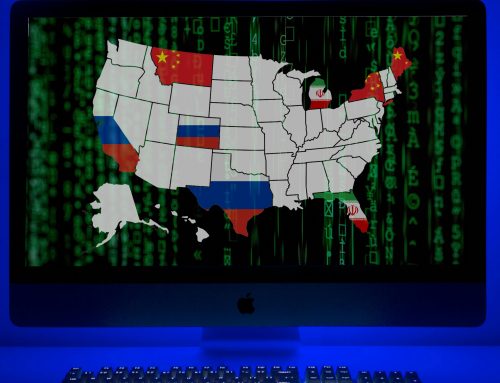Executive Summary
In recent years, U.S. government officials have normalized a damaging notion: that soliciting or participating in foreign interference in a U.S. election will not be prosecuted. Foreign governments from Beijing to Moscow and elsewhere are watching closely, and unless Congress and the new administration act quickly to close loopholes in the current U.S. legal framework governing political campaigns, every major U.S. election could be undermined by foreign interference that is not prohibited by U.S. law. A new legal framework around political campaigns is sorely needed—one that provides a proactive and holistic approach to foreign interference rooted in the need to protect U.S. national security.
Existing statutes were not designed to be the nation’s primary defense against foreign interference in our elections, which has led to several notable gaps, including:
- The absence of a national security-oriented law that prohibits candidates or campaigns from collaborating with a foreign power to influence an election;
- Campaign finance laws designed to prevent quantifiable domestic corruption rather than intangible assistance from foreign adversaries;
- Shortcomings in the primary U.S. law regulating foreign interference, the Foreign Agents Registration Act (FARA), which is only a disclosure statute, is insufficiently enforced, contains loopholes, and is not scoped toward efforts to influence candidates or voters;
- The lack of a requirement for campaigns to report offers of assistance from abroad;
- Extensive financial secrecy rights in the United States, which make uncovering wrongdoing by companies and candidates difficult.
Evolving national security threats have only exacerbated these issues: the rise of the internet and social media present a new avenue for authoritarian interference and manipulation; authoritarian actors have funneled increasing amounts of foreign money into democratic politics; Russia in particular is more aggressively exercising state power through more decentralized, covert, and unattributable networks; and domestic political actors have become much more amenable to participating in foreign interference operations, ranging from active coordination to the amplification of politically advantageous narratives.
At the start of a new administration, there is new hope for bipartisan agreement to address foreign interference in U.S. elections. To this end, this analysis proposes actionable policy recommendations that focus on remedying gaps in two areas: counter-intelligence measures and campaign finance reforms.
Counter-Intelligence Recommendations:
- Criminalize U.S. participation in foreign interference, by banning U.S. actors from knowingly (and potentially recklessly) playing a role—such as laundering disinformation—in interference operations on behalf of foreign powers and prohibiting candidates from forming mutually advantageous political alliances with foreign governments.
- Require campaigns to report contacts with foreign powers to law enforcement, starting with a bill like the SHIELD Act and expanding it to also cover intermediaries and big donors, while narrowing the scope to contacts with non-allied countries.
- Strengthen FARA enforcement, close FARA’s lobbying loophole, and enhance FARA disclosures by mitigating factors that have historically impeded FARA enforcement, removing the Lobbying Disclosure Act (LDA) exemption to FARA registration, and requiring foreign agents to more clearly disclose the name of the foreign government they ultimately represent.
- Make presidential candidates disclose their tax returns and require presidents to separate themselves from business interests, removing a potential mechanism for foreign adversaries to use undisclosed business and financial ties to support and gain leverage over presidents or presidential candidates.
Campaign Finance Recommendations:
- Clarify that the definition of a “thing of value” unambiguously includes intangible, difficult-to-value, uncertain, or perceived benefits, equipping campaign finance law to prohibit foreign assistance such as the provision of derogatory information on opponents.
- Require professional service providers to know their customers by requiring anti-money laundering controls designed to identify ultimate beneficial owners who hide money through the services of U.S.-based lawyers, accountants, real estate agents, private equity and hedge funds, and other enablers.
- Prohibit U.S. political spending by subsidiaries of foreign parent companies, which would address the fungibility of money between foreign and domestic operations in cross-border companies as well as difficult-to-prove or non-explicit directives from abroad as to how U.S. subsidiaries should make political donations.
- Bring transparency to non-profit funding by requiring non-profits and other entities spending more than $10,000 advocating a political candidate to publicly disclose donor identities, and all U.S. non-profits to report the identities of their funders to law enforcement.
- Prevent covert funding of online political ads and media outlets by requiring social media companies to maintain “ad libraries” that publicly disclose the sources of payment behind online political ads, and U.S. technology companies to maintain similar “outlet libraries” revealing the beneficial owners who fund fringe online media outlets that use U.S.-based internet services.
- Revive DOJ-FEC coordination on potential campaign finance violations, by updating guidance for enforcement coordination between the FEC and DOJ






